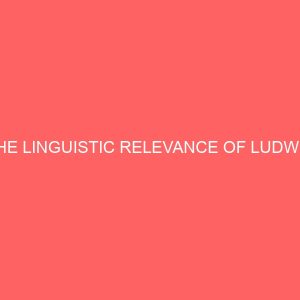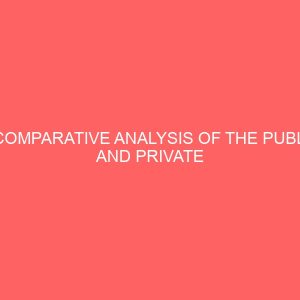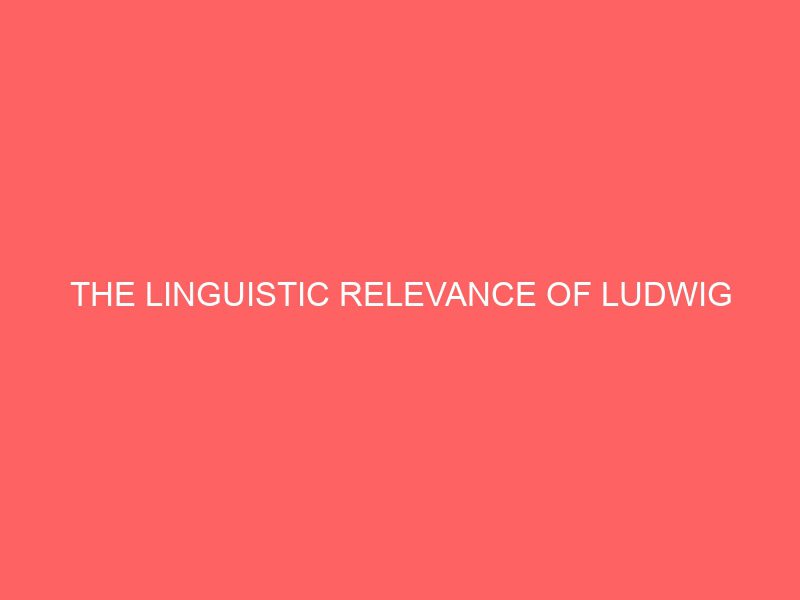Description
Abstract
This project looks at The linguistic relevance of Ludwig Wittgenstein’s conception of language game in Nigeria. The question of language is prominent in human experience and existence. One of the unique attributes of man is that he has a language. He is called homologuens (the speaking man). This unique quality marks a great disparity between man and the animals. However, over the years, language owing to the fact that it is geared towards creating and understanding has become a problem for man. The problem lies mostly in the process of creating empathy with an audience. The linguistic philosophy of Ludwig Joseph Wittgenstein gave the 20th century humanities studies a ‘linguistic turn’. Human language, because of this conception, became the center of scientific research and or reflection. The reason for this new direction is as a result of the understanding that human language creates the “real world” and the totality of the facts thereof. The “determinateness of sense”, truth condition” and ‘linguistic autonomy’ are the consequences of what Wittgenstein calls “language games” which is the after effect of linguistic commitment and investment through the conflict of language use. In Nigeria where we speak more than 521 languages aimed at making language accessible for communication amongst the various domains of politics, socio-cultural and religion.








Reviews
There are no reviews yet.